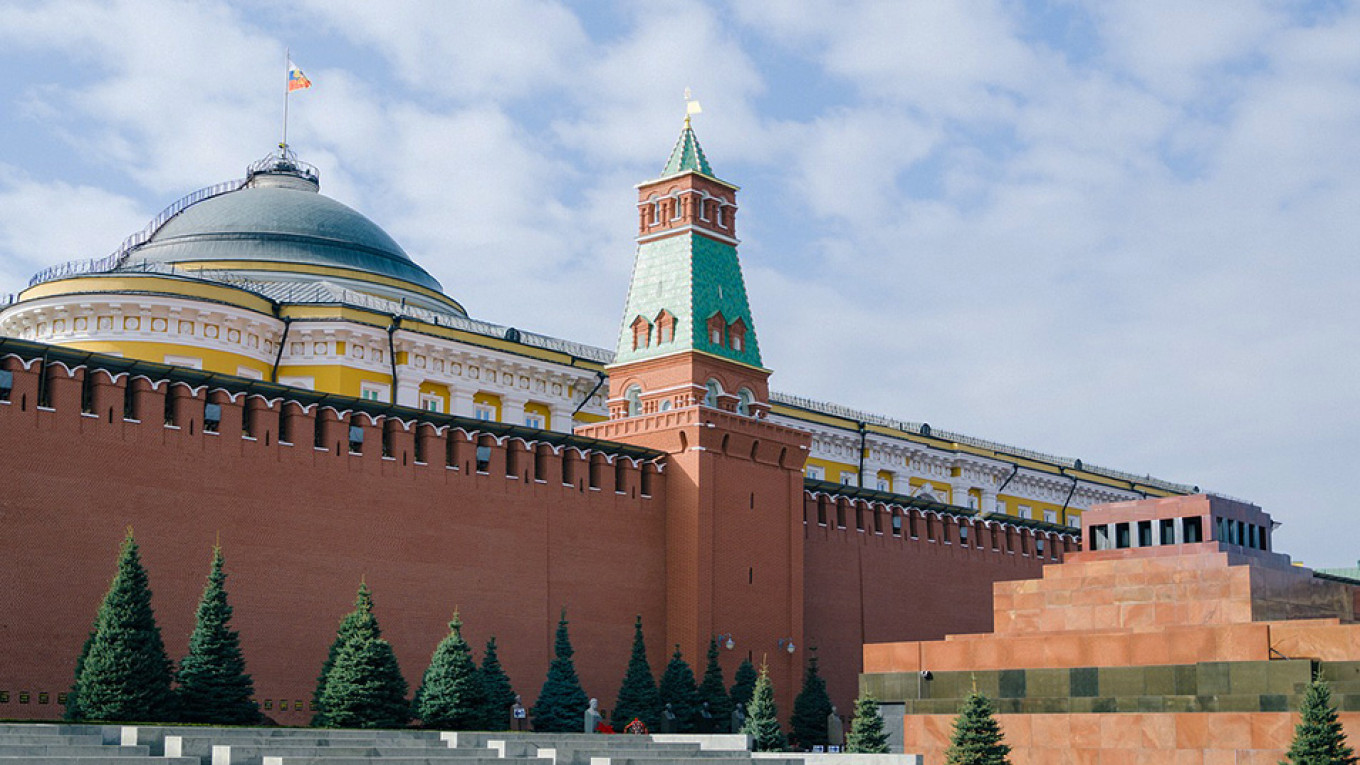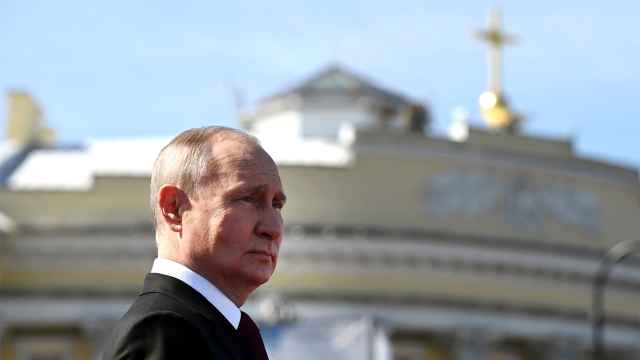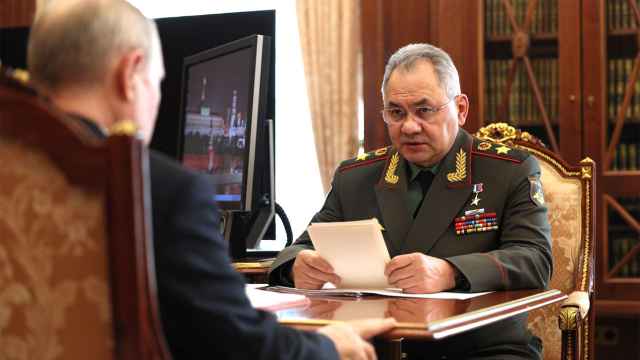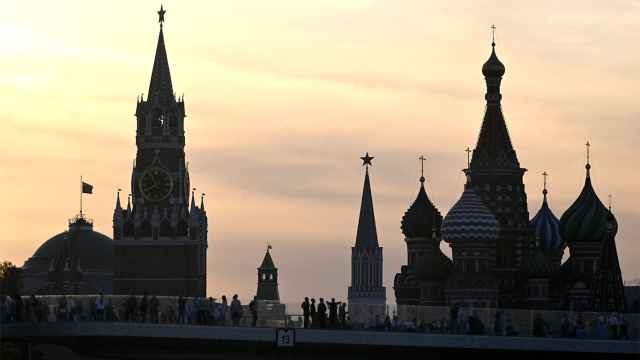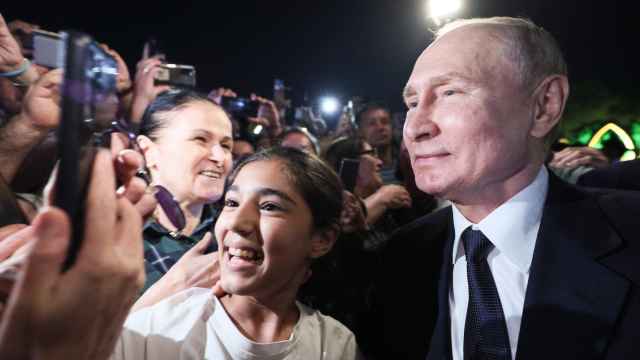The last time ordinary Russians saw their real incomes grow was in 2013. Russia is in year six of a slow impoverishment, a stretch we have not seen since the 1990s. President Putin’s approval rating, a measure that the Kremlin itself pays close attention to, today is not at its lowest, but, at 68%, it is far from its post-Crimea highs.
Last summer Putin’s disapproval rating went up from 20 to 32% as a direct effect of the retirement age increase said Alexei Levinson, director of research at the Levada Center, in an interview. Russia has been beset by various local protests ever since. Yekaterinburg, Arkhangelsk, Moscow — those are the protest hot spots that have been in the news most often, but there are others. So, what is going on and what is going to happen next?
We often try to answer questions of that sort by asking what the Kremlin will do. Will it unleash a crackdown on the protesters? Will it intervene in the economy to pull the country out of a six-year stagnation? Will it start a diversionary adventure somewhere in the world to prop up its waning support?
Analysts both international and domestic, including this writer, have become adept at juggling events and the Kremlin’s reactions as if the Kremlin were Russia’s sole political actor. Of course, the Kremlin, being a black box, and priding itself on its ability to keep people on their toes and to make unexpected asymmetric responses to all kinds of challenges, does contribute to this mind-set.
But this approach has even more important sources. Domestically, it is an age-old habit of trying to guess the party line. Internationally, it is Kremlinology, the art of understanding a black box by analyzing its track record. The historical memory of ruthless ideologues leading the country is strong. Reading the tea leaves to try and guess their next target was once a career-saving or even lifesaving skill to have.
But today’s leader in the Kremlin is always reactive. He is more akin to a weather vane than to a father of the nation pointing out some definitive shining path. The shining path changes from day to day, and its route often depends on the Kremlin’s reading of the international situation (the Kremlin is based in the big wide world rather than in Russia proper) and its understanding of the state of Russian society, which it gleans from numerous opinion polls and studies.
Nor may Moscow be the consistent actor one expects it to be. Even the received wisdom that the Kremlin would normally start a war or escalate an international conflict if it perceived waning public trust may not be quite true. The Kremlin has gone to war when public approval was high and when it was meager; it has engaged in covert or cyber special operations when it was doing well domestically and when it was not doing particularly well.
A party line does not really exist. Today’s Russia is not a one-party realm of the kind the Soviet Union was or China apparently is. The actual party that could have theoretically played the role of the party, United Russia, is a fluid bureaucratic structure with no ideology that has lost most of its appeal anyway.
It may have been useful to ambitious careerists as a vehicle for promotion or as an electoral machine that helped bring in votes. But it no longer works that way. Most of the government-approved candidates in the controversial election to the Moscow city council that is scheduled for early September are running as independents. This is true for most other regional elections as well.
Analysts keep peering into an imaginary control room somewhere behind the Kremlin’s walls, while Russia’s policymakers, most of whom do not even sit in the Kremlin, are torn by infighting, do not have a single control room, and keep looking back into an opposing “control room,” too. They assume that the United States and other Western countries are busy maneuvering to stage a regime-change operation in Russia. The idea is to anticipate and preempt others’ hostile acts.
The same sort of mirroring is happening domestically, too. We in Russia keep asking what to expect from the Kremlin, what kind of restrictions “they” are going to impose on us next. But those in the Kremlin (who are not even in the Kremlin most of the time) are doing the same. They keep asking what “they,” down below, in the streets, are going to do next. How many of them will take to the streets next weekend? Whom among us would they punish if they could? The Kremlin’s behavior — circling the wagons as if it were under attack — suggests defensive rather than offensive action.
Russian society is turning into a much more active player in Russia’s public life. Importantly, it is not limited to the political protests that have been taking place in Moscow for the past several weeks. The protests are just the most visible part of the change.
There is exciting new art, there is a new wave of independent journalism, there is an entire universe of YouTube and other social media channels that are completely free of both pro-Kremlin and strictly oppositional politics (all of those trends deserve a special take, which we will provide).
More and more Russians seem to be breaking free of the old habit of trying to guess the party line. Increasingly, they just do what they deem important, and the authorities deal with the consequences. We are all much more used to the reverse relationship, which is why Russia’s new situation is hard to grasp. People in Russia are only now learning to peer into themselves, not into their television sets, searching for clues to what will happen next.
This does not mean that the Kremlin has suddenly become more transparent or less authoritarian. It only means that Russian society has started to realize that it may in fact be an originator of political and societal change, not just on the receiving end.
For how long this new situation — or an impression of it — will last is unclear. The Kremlin is at war and wants everyone in Russia to be at war too. Russians seem to be drifting away from this belligerence. The question is whose pull, the Kremlin’s or Russian society’s, is stronger. I am afraid the Kremlin’s is stronger, but will be happy to be mistaken.
This article was originally published by the Wilson Center.
A Message from The Moscow Times:
Dear readers,
We are facing unprecedented challenges. Russia's Prosecutor General's Office has designated The Moscow Times as an "undesirable" organization, criminalizing our work and putting our staff at risk of prosecution. This follows our earlier unjust labeling as a "foreign agent."
These actions are direct attempts to silence independent journalism in Russia. The authorities claim our work "discredits the decisions of the Russian leadership." We see things differently: we strive to provide accurate, unbiased reporting on Russia.
We, the journalists of The Moscow Times, refuse to be silenced. But to continue our work, we need your help.
Your support, no matter how small, makes a world of difference. If you can, please support us monthly starting from just $2. It's quick to set up, and every contribution makes a significant impact.
By supporting The Moscow Times, you're defending open, independent journalism in the face of repression. Thank you for standing with us.
Remind me later.



